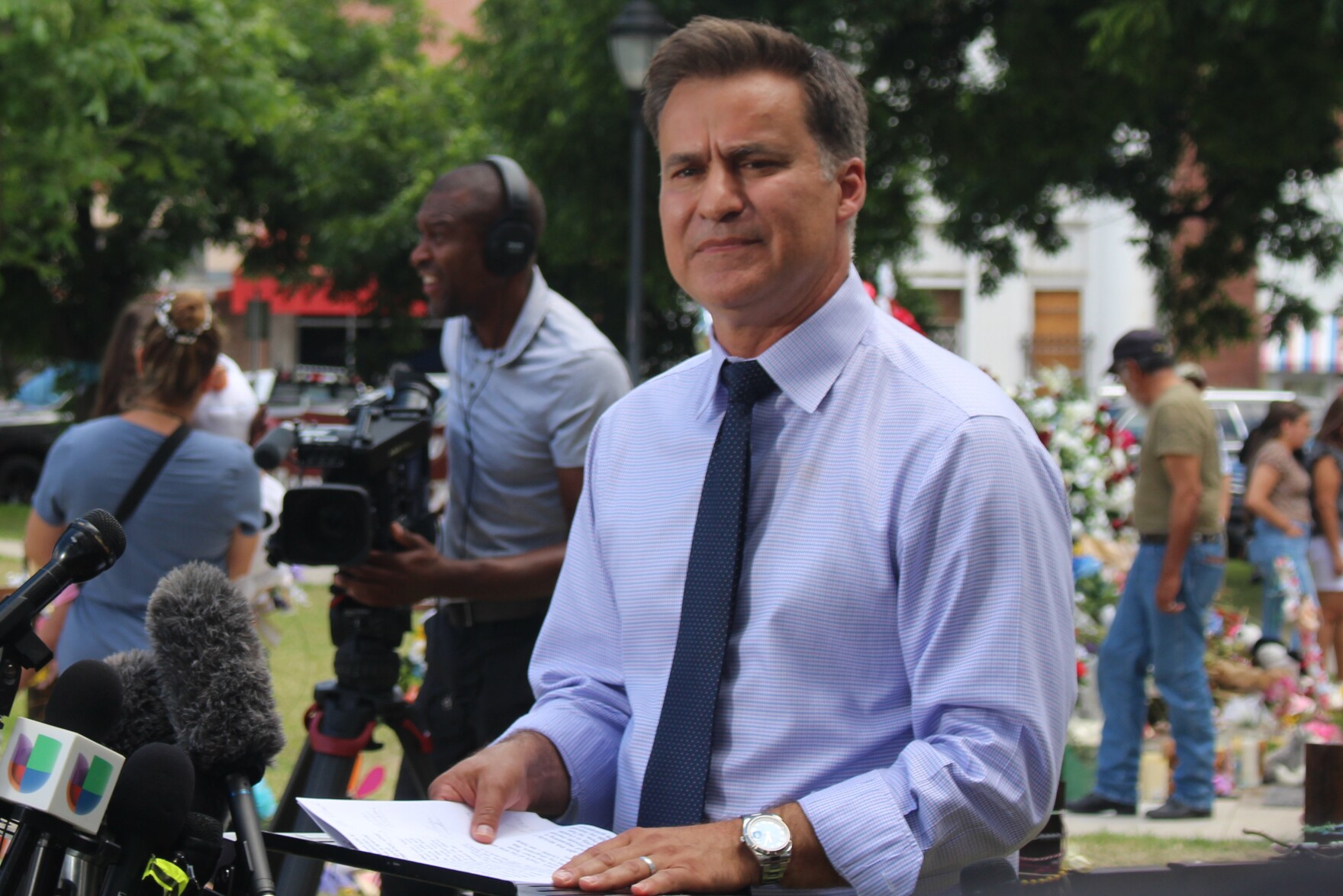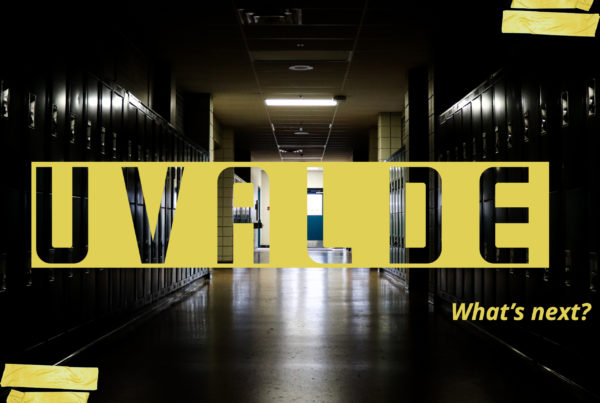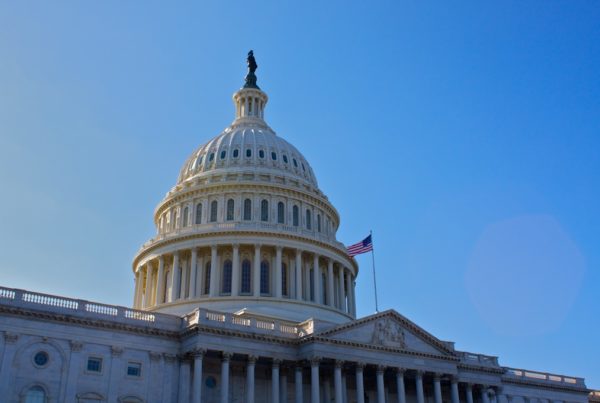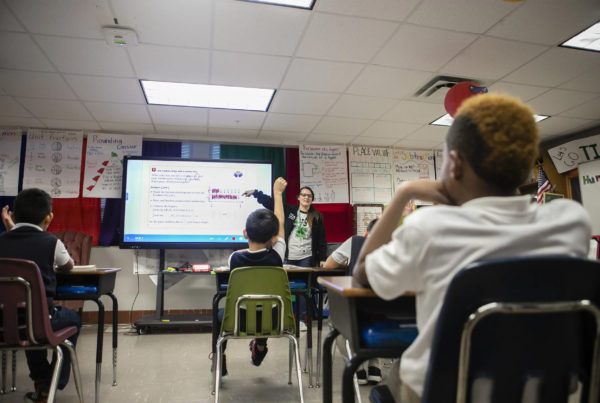In the wake of the shooting at Robb Elementary School in May, millions of dollars support flowed into Uvalde to support the community as it recovered from the tragedy. In addition to $14 million in private donations for affected families, Gov. Greg Abbott set aside $6.5 million in state funds for mental health resources for residents.
In spite of all of this financial support, many in Uvalde are struggling to pay bills. State Sen. Roland Gutierrez, a Democrat whose district includes Uvalde, has made advocating for the community in the wake of the tragedy one of his key issues.
Gutierrez said the $14 million in private money went directly to the Robb Family Memorial Fund, created by city leaders and a local bank. The proceeds from that fund will be distributed in November.
“The nice thing is that they’re getting it done,” he said. “The not-so-nice thing, or the unfortunate thing, is that people are having to wait.”
That’s because the fund, which is being overseen by the National Compassion Fund, needed to leave its donation period open for six months, organizers have said.
“They distributed some small amounts of money individually from some other funds that the national organization has, but it has been kind of a drop in the bucket for families that needed to pay the bills,” Gutierrez said. “Everybody’s doing the best they can, and I understand that. It’s just, it’s going to be a bit.”
» Texas Standard special report: ‘The end of last year will be with us’: Are Texas schools any safer since the Uvalde shooting?
And the $6 million from the governor was allocated primarily for trauma funds, Gutierrez said, which gets split up a couple of different ways – including through Victims of Crime Act (VOCA) money distributed by the Attorney General’s Office.
“It’s all done by statute and rule,” he said. “My biggest concern around this is that we have locked families into this two-week or 10-day bereavement unemployment compensation, and as I’ve talked to families and continue to talk to families that are out of work, some that lost their jobs, some that can’t go back to work for obvious mental health crisis reasons. You can’t expect a family that’s lost a child to just be back to normal.”
Gutierrez said that, beyond his office, families haven’t been told about the resources that are available to them.
“You can go to a psychiatrist, and if that psychiatrist deems you unable to go to work, then this VOCA statute will give you $700 a week, up to $50,000 for that family,” he said. “But none of that has happened here. Every family that has tried to apply that has either lost their job, or can’t go to work, has been given two weeks of unemployment benefits” through the statute, which he said hasn’t been amplified to its fullest extent.
“We should try to open up the full breadth of the statutes and the laws before us to help people in an effective way,” Gutierrez said. “You know, we’ve asked the governor to take the trauma outside of the district attorney’s office – not because we don’t think that she can do it; she simply doesn’t have the adequate resources to do it, the human power.”
Gutierrez’s office has also requested emergency caseworkers who can give families individualized assistance in navigating through the bureaucracy.
“You know, [there are] a lot of critics about government. Government really offers a whole lot out there,” he said. “It’s just, we need to bring in the right staffing in order to get it done. You can’t just throw $5 million to the local district attorney who has four employees and say ‘here, have at it.'”














